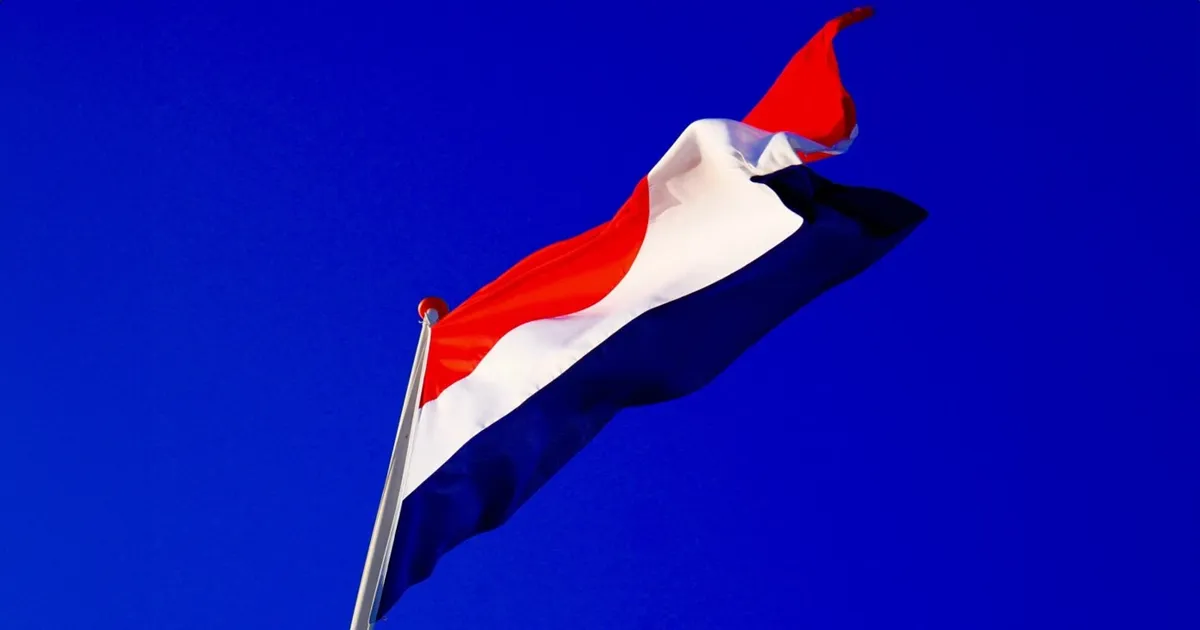Dutch Government Hikes Gambling Tax to Extreme Levels
The Netherlands has finally formed a new government after lengthy negotiations. As part of the coalition agreement between the PVV, VVD, NSC, and BBB parties, it has been decided to raise the gambling tax (Kansspelbelasting) to 37.8%. This increase is expected to generate an additional €202 million per year for the state.
Approval Process
The parties agreed to the negotiators’ agreement just before the deadline. The PVV party was the first to give its approval, followed by BBB two hours later, NSC twenty minutes later, and finally the VVD, which also voted unanimously in favor.
Gambling Tax Increase
While gambling is not explicitly mentioned in the right-wing coalition agreement, the budgetary annex does emphasize a significant increase in the gaming tax from 30.5% to 37.8%. This is expected to yield a structural increase of €202 million per year.
Background
The desire to raise the gambling tax was already known. The VVD had submitted plans last year to raise an additional €400 million through an increased gaming tax, as shown by calculations from the Central Planning Bureau.
NOGA Reaction
The Netherlands Online Gambling Association (NOGA) has expressed serious concerns about the plan by the coalition parties to raise the gambling tax from 30.5% to 37.8%. Director Peter-Paul de Goeij warns that this increase threatens the viability of the legal Dutch gambling market.
He emphasizes that canalization is already under pressure and market growth is lagging behind other European countries. “The higher tax would lead to a further reduction in the legal supply and drive consumers towards illegal providers,” de Goeij told our editorial team.
“These providers, who do not pay taxes and are not bound by the same rules, can operate more cheaply and thus become more attractive to Dutch players.”
NOGA fears that the expected additional tax revenue of €200 million does not outweigh the social damage caused by an increase in illegal gambling and the associated problems.


